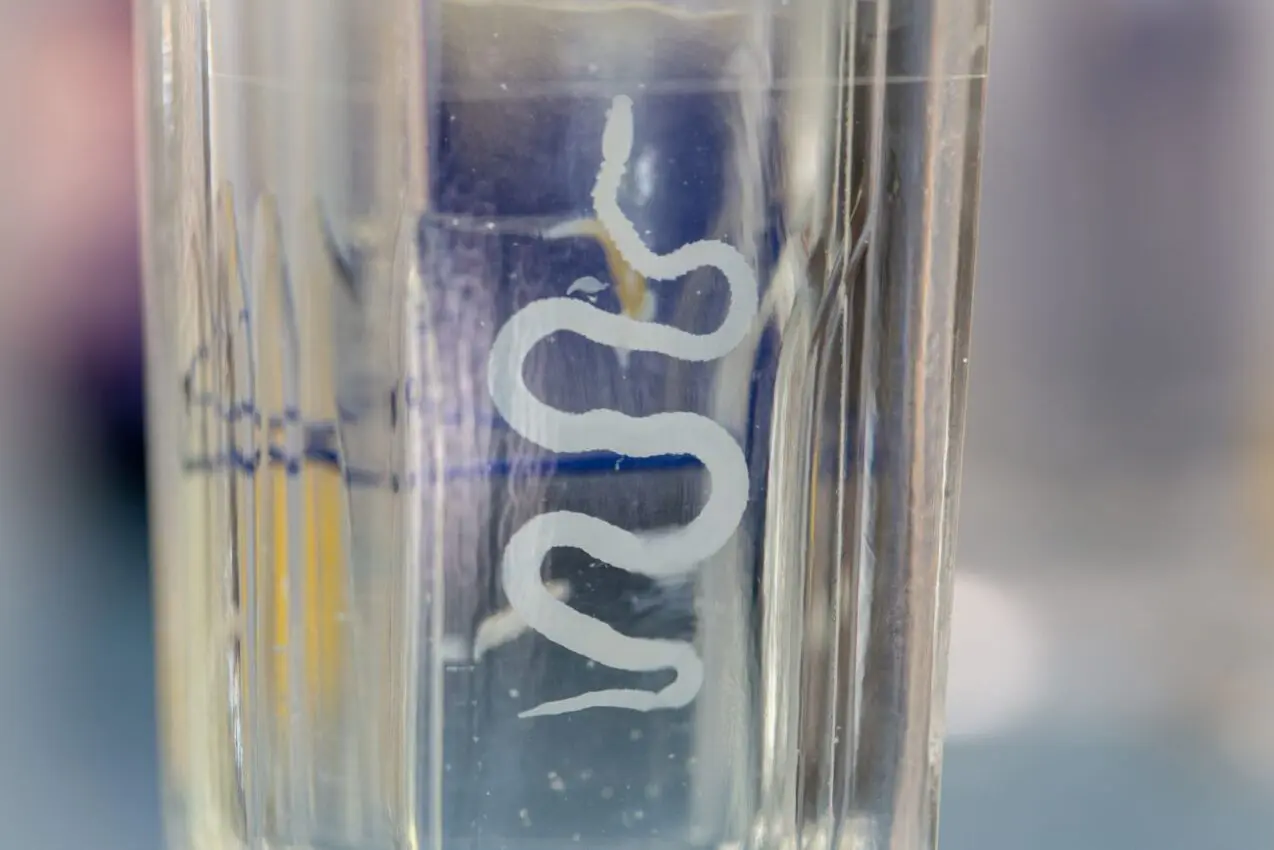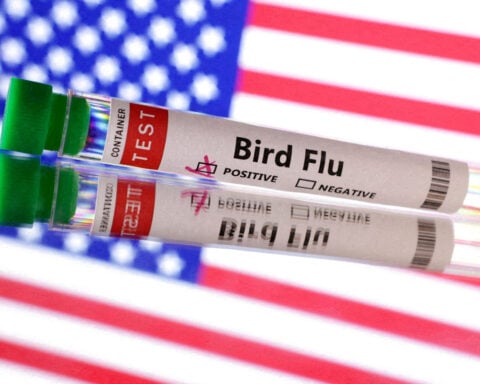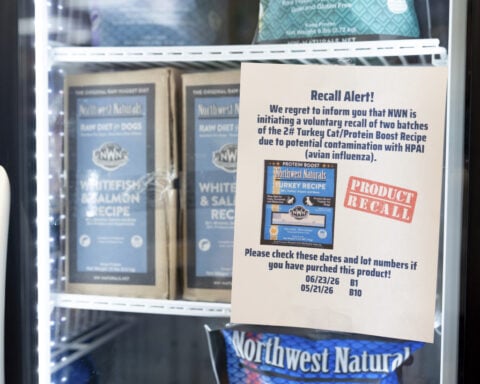An Australian woman's harrowing medical saga sounds too bizarre to be true - doctors shockingly discovered a live, wriggling worm parasite inhabiting her brain. In this world-first case, surgeons in Canberra extracted the 8cm-long roundworm from the 64-year-old patient's skull. Typically found in pythons, the Ophidascaris robertsi specimen represented an unprecedented instance of this brain parasite infesting a human host. The patient's journey from common symptoms to this grotesque revelation contains important lessons about emerging health threats.
Initially, the woman from southeastern New South Wales experienced relatively routine issues like abdominal pain, diarrhea, coughing, fever and night sweats. But as her condition deteriorated into forgetfulness and depression, doctors realized something more concerning was occurring. Brain scans exposed abnormalities requiring emergency surgery - where the wriggling worm shockingly awaited.
"The neurosurgeon certainly didn't anticipate finding a live worm," recalled Dr. Sanjaya Senanayake, the infectious diseases physician urgently summoned. "While brain infections get treated often, spotting an actual wriggling parasite was a once-in-a-lifetime event utterly unexpected."
Stumped, the medical team resorted to sending the still-living specimen to a parasitology expert at Australia's CSIRO science agency. He swiftly identified it as Ophidascaris robertsi, a worm typically confined to pythons. But how did this slithery invader wind up taking up residence in a human's head?
The prevailing theory pointed to the woman's habit of foraging for native vegetation like warrigal greens near a local python-inhabited lake to use in her cooking. Doctors deduced she potentially ingested worm eggs or larvae shed through python fecal matter contaminating the edible plants.
While she has recovered after receiving therapeutic deworming, the case study exposes an ominous trend - zoonotic diseases, infections capable of jumping from animals to humans, are emerging more frequently worldwide. A staggering 75% of new infectious diseases impacting people originate in animals, according to the U.S. Centers for Disease Control and Prevention.
"Of emerging global infections, about 75% involve zoonotic transmission from the animal realm to humans," Senanayake warned. "This encompasses coronaviruses like the one causing COVID-19."
As environmental destruction, urbanization, wildlife trade and other human activities exponentially increase contact between people and animal populations, opportunities for zoonotic pathogen spillover multiply. Climate change is also disrupting ecosystems in ways that elevate interaction risks.
"Thirty novel zoonotic infections have arisen globally over the past 30 years alone," Senanayake stated gravely, emphasizing the coronavirus pandemic merely hints at this danger's catastrophic potential if left unaddressed.
While the brain worm case was an outlier medical marvel, it underscores that zoonotic diseases are not merely a theoretical future threat. Some occurrences likely go undiagnosed if involving obscure pathogens doctors are unfamiliar with.
"At times, people perish with the underlying cause remaining unidentified," said Dr. Peter Collignon, an infectious diseases expert uninvolved in treating the worm patient. "Exercising precautions like thorough food washing, proper cooking and protective clothing can reduce animal-borne illness risks, but cannot eliminate them entirely."
The scary story of removing a live worm from an Australian's skull is a powerful example of modern society's troubled relationship with nature. As human activities like city growth and harming the environment constantly damage and invade animal habitats, we may be accidentally exposing ourselves to many unforeseen diseases. While this parasite's journey was uniquely shocking, it could be a warning of the unusual sicknesses that may become more common as the borders separating people and wildlife disappear. When humans disrupt the natural order, unexpected health risks can emerge.

 Yen hovers near 5-month low as BOJ's cautious stance weighs
Yen hovers near 5-month low as BOJ's cautious stance weighs
 Big Oil backtracks on renewables push as climate agenda falters
Big Oil backtracks on renewables push as climate agenda falters
 Brazil court suspends law cutting tax breaks for firms with deforestation soy commitment
Brazil court suspends law cutting tax breaks for firms with deforestation soy commitment
 China's Xi Jinping will visit Russia in 2025, Russian ambassador says
China's Xi Jinping will visit Russia in 2025, Russian ambassador says
 Tucker Gleason runs and passes for 5 OT scores as Toledo beats Pitt 48-46 in bowl-record 6 overtimes
Tucker Gleason runs and passes for 5 OT scores as Toledo beats Pitt 48-46 in bowl-record 6 overtimes
 Why Nefertiti still inspires, 3,300 years after she reigned
Why Nefertiti still inspires, 3,300 years after she reigned
 Cole Hutson has 5 assists, defending champion US routs Germany 10-4 in world junior hockey opener
Cole Hutson has 5 assists, defending champion US routs Germany 10-4 in world junior hockey opener
 Worm parasite
Worm parasite






